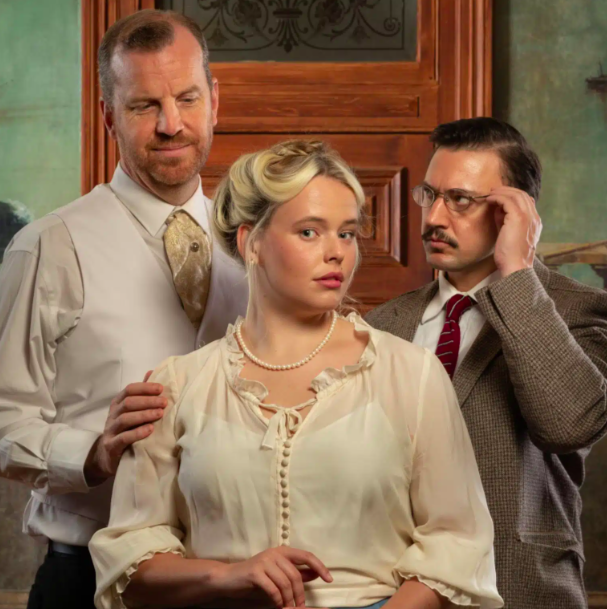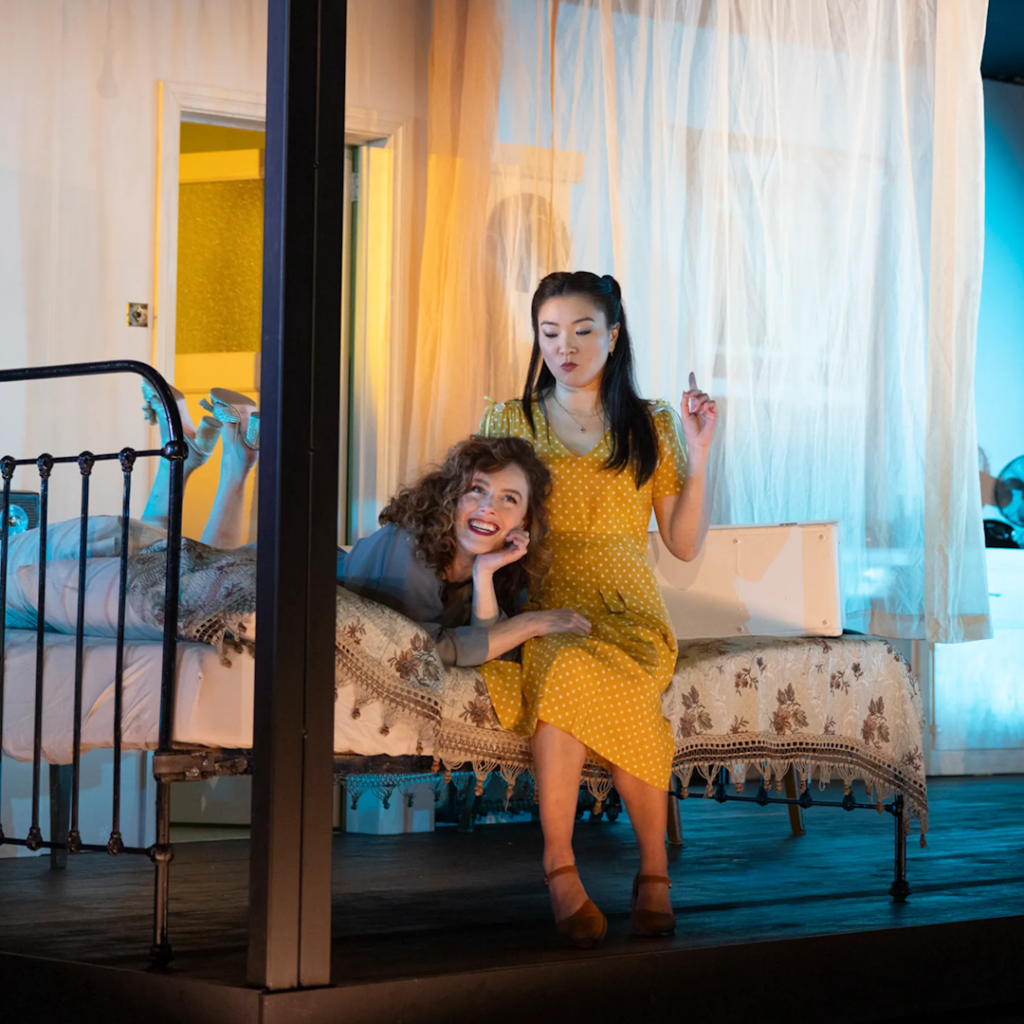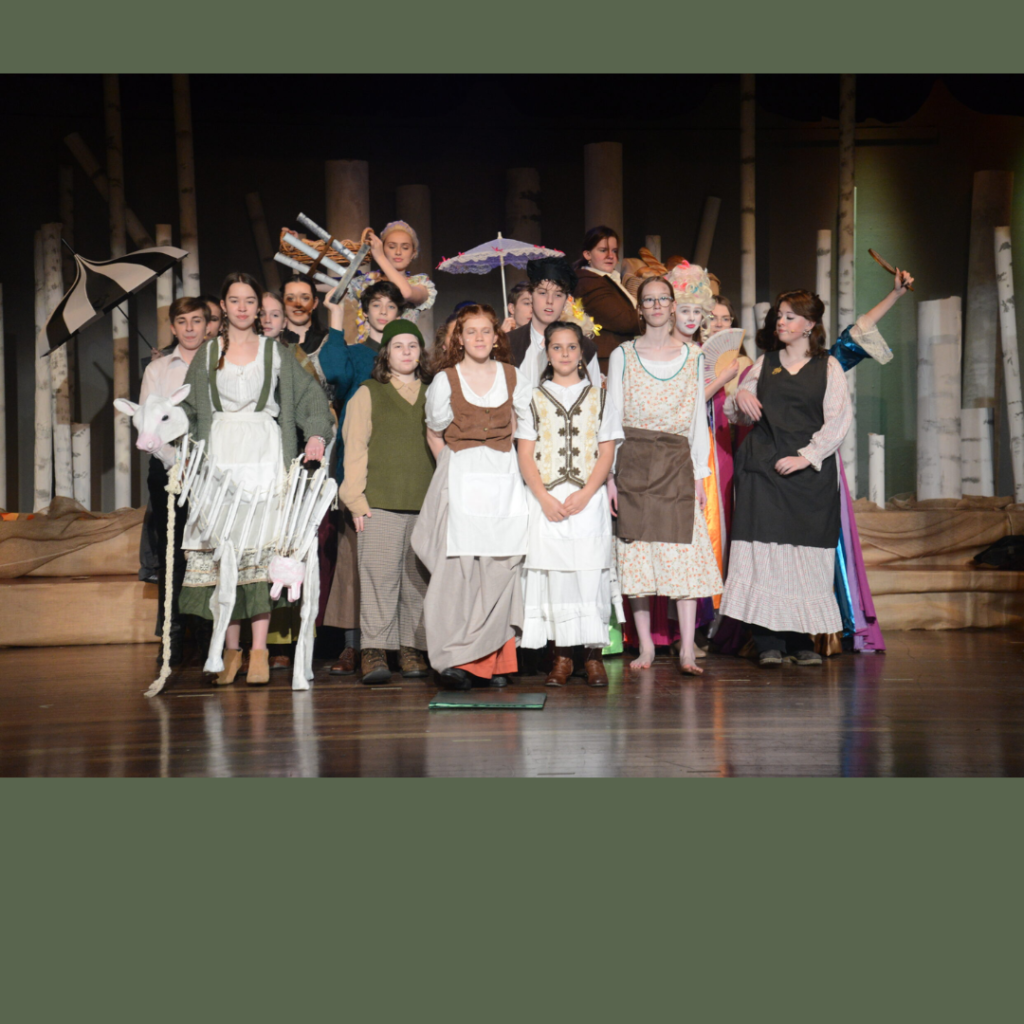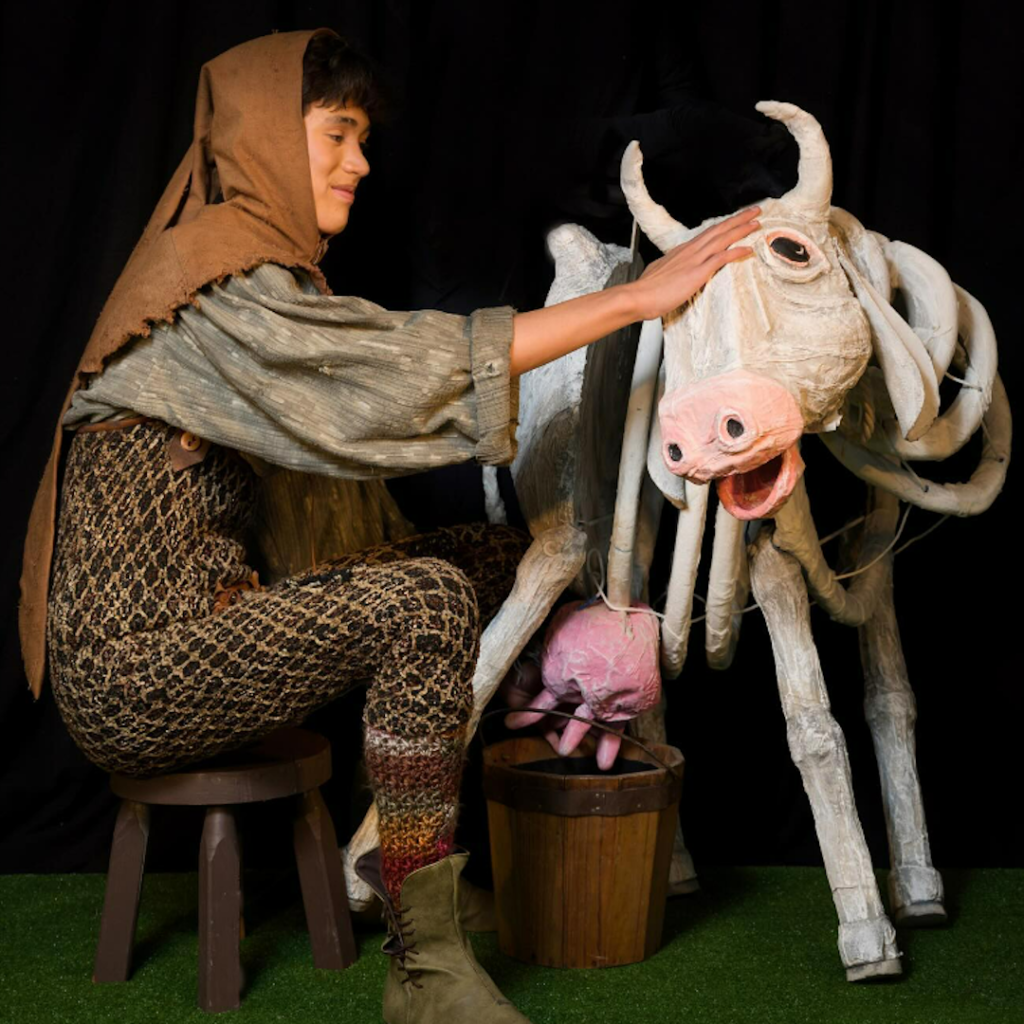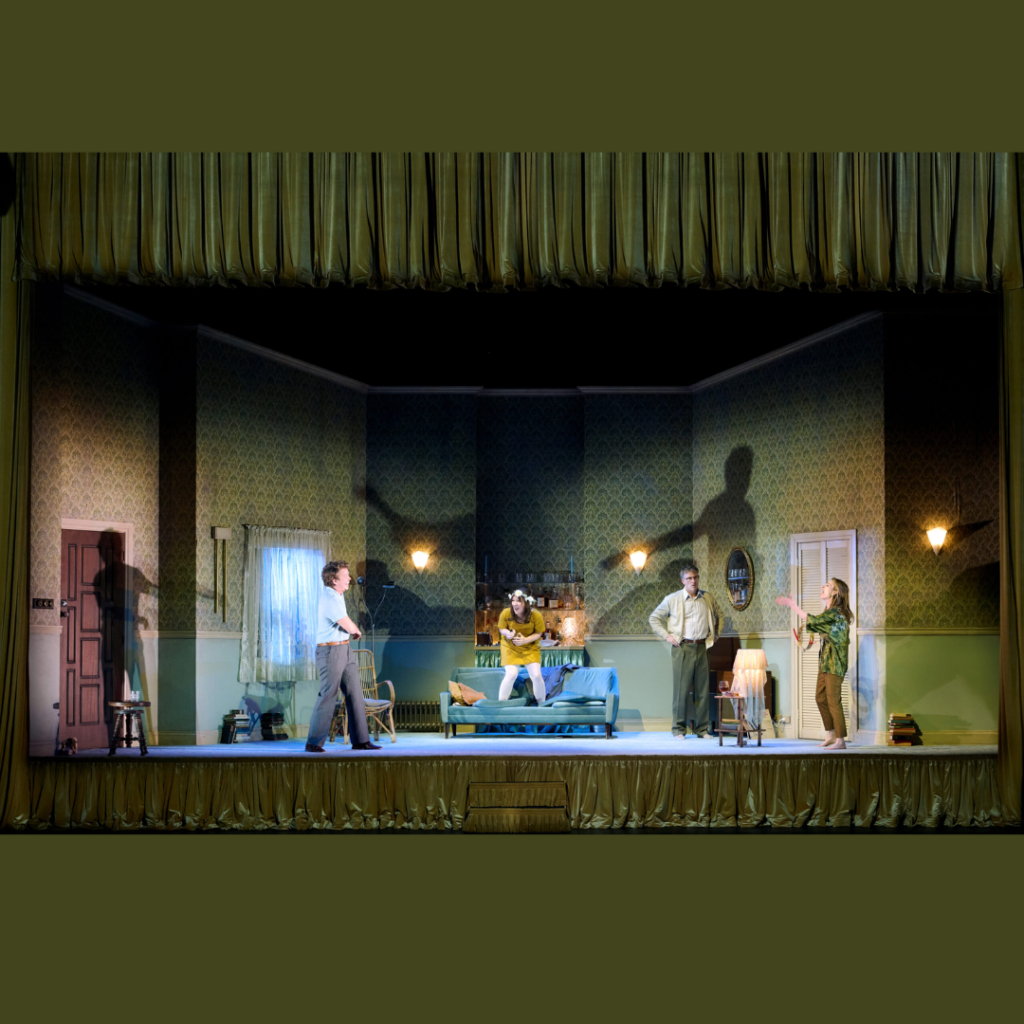fortyfivedownstairs
Until 25 June
Set in Dubin in 1912, Richard Rowan (Doug Lyons) is a highly intelligent writer plagued by self-doubt.
Richard married the woman he desired, Bertha (Lucy Payne), but nine years on their light appears to have dimmed.
When the couple moved to Rome, he exchanged long letters and chapters of his book with another woman from his past, Beatrice Justice (Mary Agnes-O’Loughlin).
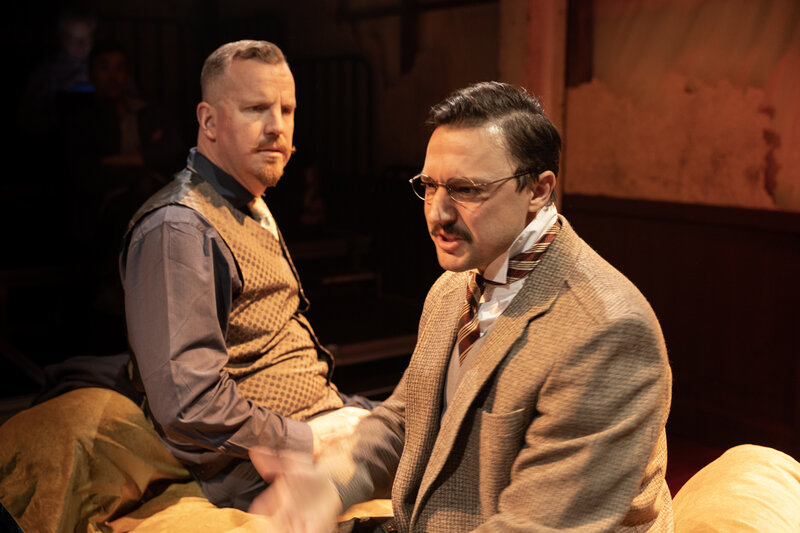
Clearly, Richard – who has returned to Ireland with Bertha – is “into” Beatrice, who tutors the couple’s son, Archie (Caithlin O’Loghlen).
Meanwhile, Bertha is being pursued by Beatrice’s cousin, Richard’s childhood friend Robert Hand (Soren Jensen).
At one time in the dark, distant past Beatrice and Robert were secretly engaged, but now “B” gives him short shrift.
While clandestine relationships by their very nature are best kept that way, not so in Exiles.
Richard doesn’t believe in secrecy. He, himself, has strayed in the past and immediately revealed all to Bertha.
He gives her free rein to do what she wants, with whom she wants to do it.
Nor does he seem to be fighting for Bertha, while for her part all Bertha desires is to see fight in her man.
She even shares with Richard, step-by-step, the nature of Robert’s advances and a rendezvous with her that the latter has planned.
Interestingly, rather than expressing anger at what is going down, Richard feels for Robert and Bertha pities her pursuer.
How will all this play out? Is Richard and Bertha’s marriage truly doomed? Will Richard get together with Beatrice? Will Robert, who has carried a torch for Bertha since he and Richard first met her, finally win her over?
I am afraid you will simply have to buy a ticket to see the Victorian premiere of James Joyce’s only play, Exiles, to find out.
Put simply, this is accessible Joyce involving an open marriage.
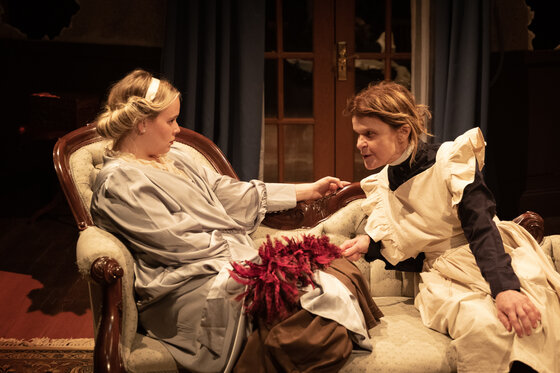
The revered Irishman has woven an intricate web of intrigue, which defies traditional convention and, as such, was far ahead of its time when published in 1918.
Given today’s more open conversations about sexual diversity, it feels totally at home in the here and now.
I greatly appreciated the jousting word pictures the literary giant painted. They are psychologically thrilling.
Events unfold in three acts – at the Rowans’ home, at Robert’s place and back at the Rowans’ residence.
The first act, which precedes interval, sets up the moral dilemma at the heart of the story, while the rest of the piece takes truth telling to another level.
I liked Doug Lyons’ standoffish and dignified portrayal of Richard, while Lucy Payne is highly polished as his frustrated and flirtatious wife.
Soren Jensen has a larger-than-life presence as the decidedly forward Robert, but his “booming” voice – out of sync with the other actors – needs to be pared back.
Mary Agnes-O’Loughlin does a fine job expressing Beatrice’s confliction emotions.
I struggled with Caithlin O’Loghlen’s overexuberance as Archie.
In fact, regardless of the characterisation, I found Archie an all but redundant figure that could readily have been done away with.
The sixth persona in the piece is Richard and Bertha’s all-seeing maid, Brigid.
With a glint in her eyes, Linda Cookson plays her for laughs – a knowing look here and a gentle smile there.
Bridie Turner impresses with her period set and costume design. The men look particularly dapper.
I have but one other gripe. At one point in the first act, when Richard and Robert are speaking, Richard pulls out a cigarette and smokes it – all of it.
While I don’t doubt that that was indicative of the period in which the production is set, it is now 2023 and this is theatre.
Even though the ciggy is herbal, I seriously question whether a lit fag is absolutely necessary.
More so, because with the audience so close in the intimate space where the play is staged it really stinks up the place and is most unpleasant to have to bear.

Notwithstanding that, Exiles’ director Carl Whiteside has breathed life into Joyce’s carefully crafted words, ensuring they have emotional resonance.
I couldn’t help reflecting on the musings of 18th century Scottish writer, historian and politician Sir Walter Scott.
In a poem titled Marmion: A Tale of Flodden Field, he wrote: “Oh, what a tangled web we weave when first we practice to deceive”.
Bloomsday’s adaptation of Exiles makes for an engaging night of theatre and leaves me asking whether unflinching honesty is always the best policy.
It is playing at fortyfivedownstairs until 25th June, 2023.
#whatsonstagemelb #melbournetheatre #melbournetheatreinfo

